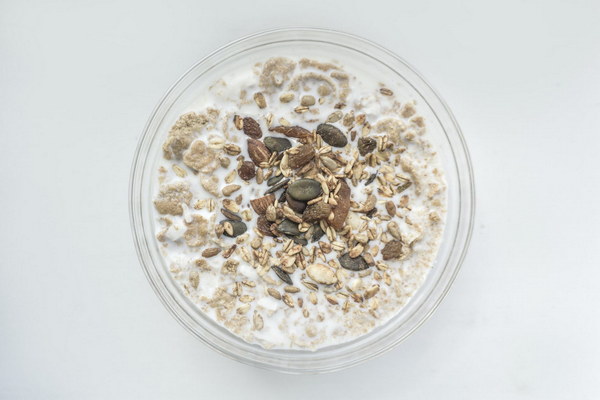Does Having a Dog at Home Lead to Lung Mucus
Introduction:
Owning a dog is a joyful experience, but it also brings along certain responsibilities and considerations. One common concern among dog owners is whether having a dog at home can lead to lung mucus. In this article, we will explore this topic, discussing the potential risks, causes, and ways to minimize lung mucus in both dogs and their owners.
1. Understanding Lung Mucus in Dogs:
Lung mucus, also known as bronchial mucus, is a normal physiological process in dogs. It helps to protect the lungs by trapping dust, allergens, and pathogens. However, excessive mucus production can indicate respiratory issues or allergies.
2. Causes of Lung Mucus in Dogs:

There are several factors that can contribute to lung mucus in dogs:
a. Allergies: Dogs can be allergic to various substances, such as pollen, dust mites, mold, and certain foods. Allergies can trigger inflammation in the respiratory tract, leading to increased mucus production.
b. Respiratory Infections: Viral, bacterial, or fungal infections can cause inflammation in the lungs and airways, resulting in lung mucus.
c. Environmental Factors: Air pollutants, smoke, and high humidity can irritate the respiratory tract, causing mucus production.
d. Genetic Factors: Some dog breeds are more prone to respiratory issues due to their anatomical or genetic predispositions.
3. The Role of Dogs in Lung Mucus:
While it is true that dogs can bring allergens into the home, the role of dogs in lung mucus in their owners is relatively small. Most lung mucus in humans is caused by factors such as pollution, smoking, and other environmental hazards. However, if a dog has allergies or respiratory issues, it may exacerbate the symptoms in their owners with similar sensitivities.
4. Ways to Minimize Lung Mucus:
Here are some tips to help minimize lung mucus in both dogs and their owners:
a. Regular Grooming: Regularly grooming your dog can help remove loose fur and allergens from their coat. Brushing and bathing your dog can reduce the amount of dander and hair that comes into contact with your home environment.
b. Air Filtration: Use high-quality air filters in your home to reduce the levels of allergens and pollutants in the air.
c. Environmental Control: Keep your home clean and dust-free. Use hypoallergenic bedding and vacuum regularly to minimize allergens.
d. Breeding: If you are highly sensitive to allergens, consider adopting a dog breed that is less likely to cause allergic reactions.
e. Consult with Your Veterinarian: If you or your dog experiences persistent respiratory issues, consult with your veterinarian for proper diagnosis and treatment.
Conclusion:
While having a dog at home may not directly cause lung mucus in owners, it can exacerbate symptoms in those with sensitivities. By understanding the potential causes of lung mucus and taking appropriate measures, you can enjoy the benefits of owning a dog while minimizing the risks associated with lung mucus. Regular veterinary care, proper grooming, and environmental control are key factors in maintaining a healthy respiratory system for both dogs and their owners.









